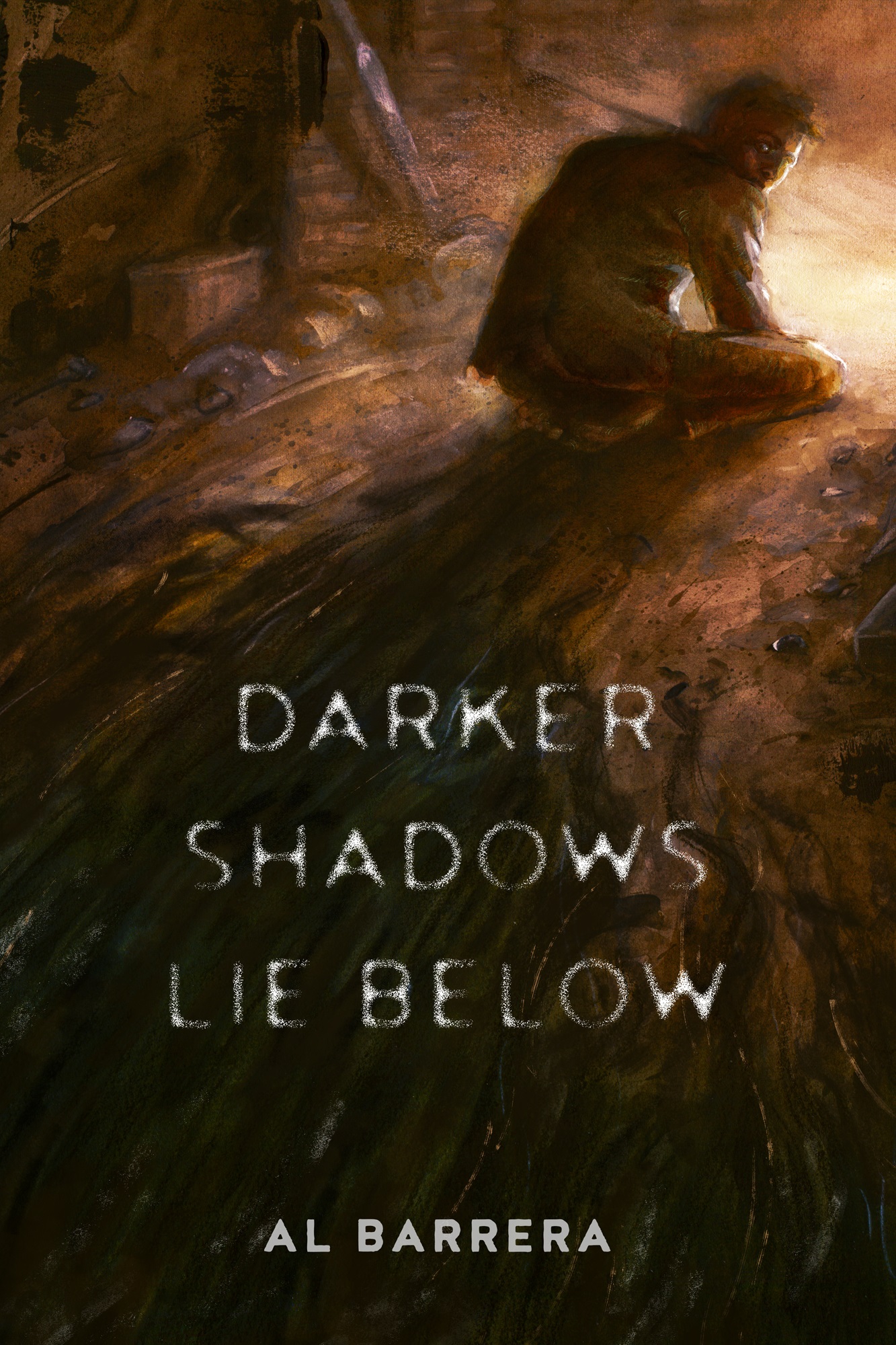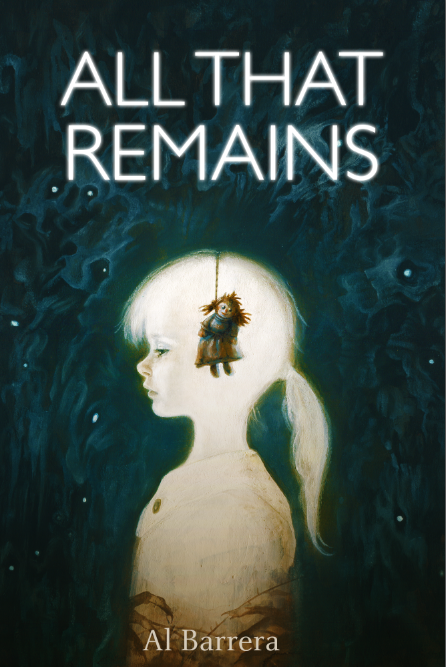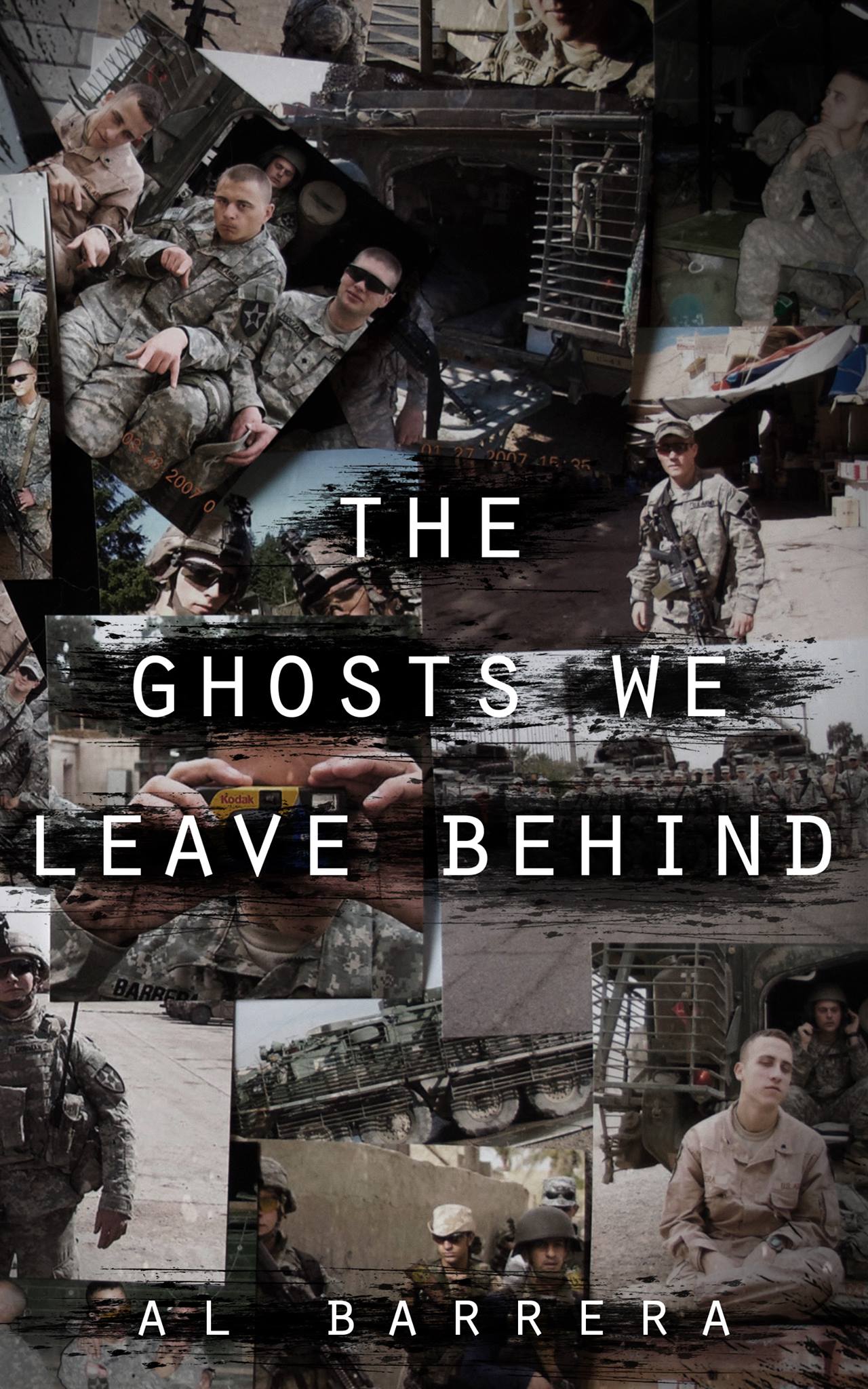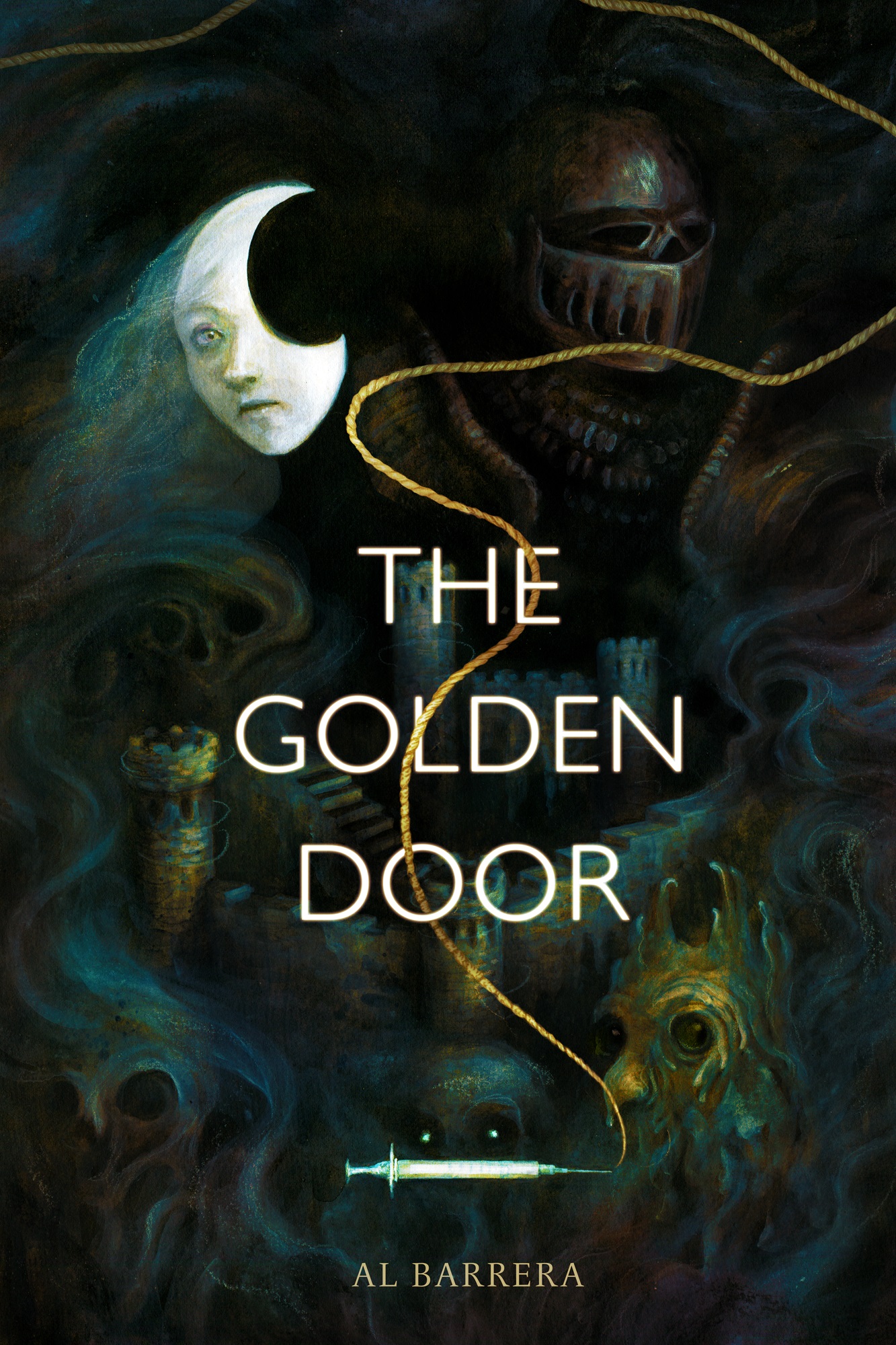A good friend once told me, “No poets hang out with people who want to read their work.” And I find that to be shockingly true. If I offer a friend the chance to read my latest story, they jump at it. And while I offer it a lot less, the few times I’ve given anyone the chance to read my poems, they politely decline. (Or accept and never do.)
Maybe I’m just bad at it. That thought has occured to me. But even if I, or my readers, are really bad at poetry, there’s still a lot to be said for it. Someone once said that poetry is life. That’s a little dramatic for my tastes, but it is worth noting how long poetry has been around. It predates literacy. Back when we were still hitting things with clubs, poems and songs were how we passed down information. Some of the oldest written stories we have are written in poem. It’s not an accident. Poetry is a way in which people think, and a vehicle for them expressing that to the world. Some of my favorite prose is reminiscent of poetry. It rolls off the tongue and is pleasing to the ear, an essential quality in poems. (At least to my limited understanding of it)
Without meaning, poetry is just pretty words. Without a sound that catches the ear, it’s just prose in really short sentences. Poetry has to have both in order to work, and that’s where it can be of use to writers of prose. There’s something we need to talk about folks. Nobody puts down a book and says, “Man! He explained everything so much, and had so many unnecessary words! It was awesome!” There are two huge mistakes I see with newer writers. (Myself included until my editor beat me with a stick) We either use too many words in an attempt to fill in the gaps we don’t think the readers will fill in themselves, or we get so lost in the meanings behind the stories that we fall on our face with the actual language.
Poetry helps with both of those things. In poetry, having excess words is much more noticeable. Yes, plenty of poets still get away with it, but it becomes obvious in their poems. Long form poems that drag on and on about the same thing for a few dozen lines induce a mighty yawn, and then get put aside. On the flip side, poems so caught up in meaning that they become a garbled mess to listen to are cumbersome and unsatisfying. There’s something to be said for a hidden meaning, but when it’s so vague that you can’t figure out what it is, it stops being enlightening in any way.
Writing poetry can help prose writers see where they tend to err on either of those issues and adjust accordingly. In order to write poems with any talent at all, you have to read them. I started doing both, and I swear up and down it’s helped my prose writing a lot. I still suck at poetry, but it doesn’t stop me. Those are almost entirely for my eyes only.
If you’ve never considered it, give it a try. As a youngster, even as into writing and reading as I was, I never got into poetry. I considered it a poor man’s storytelling. Now, a few decades later, it’s just one more thing I’d like to go back in time and slap myself for. If you feel the same way now as I did then, please, try it. You might be shocked at what it does for your understanding of storytelling.
And as always, keep writing.




